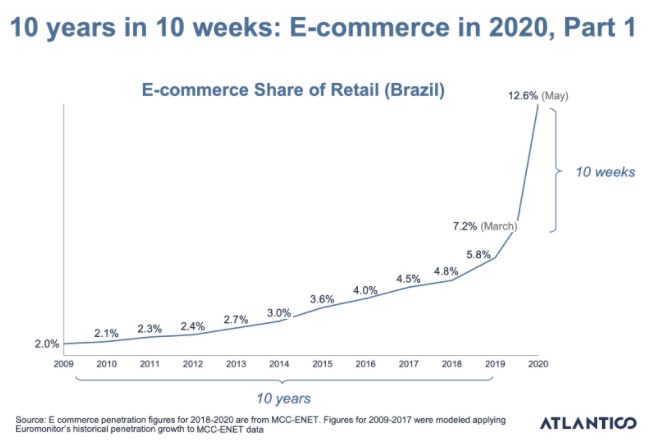Think about your day-to-day online experience.
Are you streaming Netflix on your home Wi-Fi? Do you think twice before showing your friend a new Youtube clip. Maybe online access is the lifeline of your business.
Or maybe it’s your lifeline, period.
Think about what you do online—socializing with friends and family, keeping up with news and pop culture. While many of us in the United States and other countries have the technical and financial ability to shop online without leaving the house, billions of others rely on free WiFi hotspots and pay-as-you-go plans to get online at all. Reliability and internet access are not terms they associate with each other.
For them, access to the digital world isn’t as easy as reaching for the closest device. At OXIO, we see that underdeveloped infrastructure and unaffordable data rates have made connectivity inaccessible to billions around the world and we’re looking to change that.
The impact of connectivity
Today, our philosophy is that mobile internet connectivity should be viewed as a right, not a luxury. Those without reliable access are at risk of not only being locked out of the digital world, but being left behind in an ever converging physical world as well.
The world is in its fourth industrial revolution and with it came the advent of the digital economy. The development of technology is rapidly changing the ways we interact and do business. As noted by TechCrunch, “Uber, the world’s largest taxi company, owns no vehicles. Airbnb, the world’s largest accommodation provider, owns no real estate.” As industry landscapes change with innovation, it’s not just taxi companies and hotels who need to adapt, it’s the methods in which the consumer accesses these services. In the cases of transportation and hospitality, when will access to the digital world also mean access to transportation and a place to stay?
It’s not just innovators leading digital transformation, either. COVID-19 has lead to massive spikes in e-commerce adoption around the globe. While digital commerce has been slow to take off in Latin America, online marketplace MercadoLibre Inc. processed over 1.7 million new customers through March. In Argentina—where most people go without bank accounts—the demand for credit cards skyrocketed by 20%. With banks and businesses benefiting from the shift to online shopping—lower operating costs, expanded reach, etc—eCommerce will only continue to grow.

As more of our daily activities are pushed into the digital world, the more connectivity becomes a lifeline. In recent studies, researchers found that 74% of homeless people in the Bay Area use smartphones to access health resources, employment opportunities, and more. Because of the importance of connectivity, government programs and businesses have launched initiatives to get smartphones in the hands of homeless Americans.
It’s a step in the right direction, but a phone without a network is a car without fuel. Connectivity is the key to the digital world and OXIO can unlock it for everyone.
How OXIO enables accessible and affordable connectivity
OXIO is the first carrier-as-a-service platform that enables corporations to easily launch and operate their own mobile networks. With a branded network, companies can offer affordable connectivity in exchange for user data, participation in marketing initiatives, and an overall closer consumer relationship.
In a place like Mexico, where the average price for data is a steep $4.77 per GB, online connectivity can be subsidized and integrated into the core brand user experience as a powerful modern touchpoint, data collector, and value-added service.
In a time where poor third-party data is collected across the web without consent (or with cloudy consent), OXIO enables a transparent one-on-one exchange between consumer and corporation, empowering users to wield their information as currency to not only unlock the door to the digital world, but to live in it.
